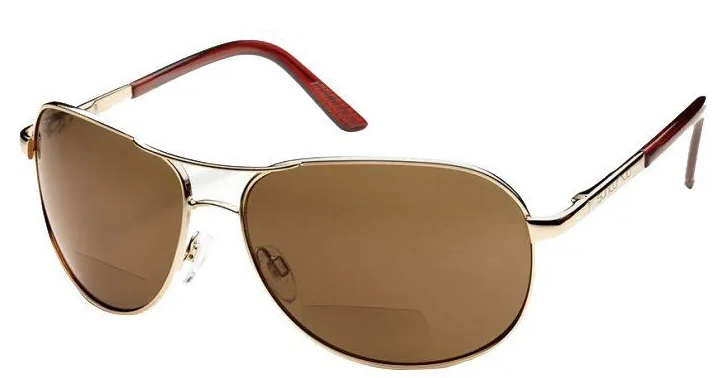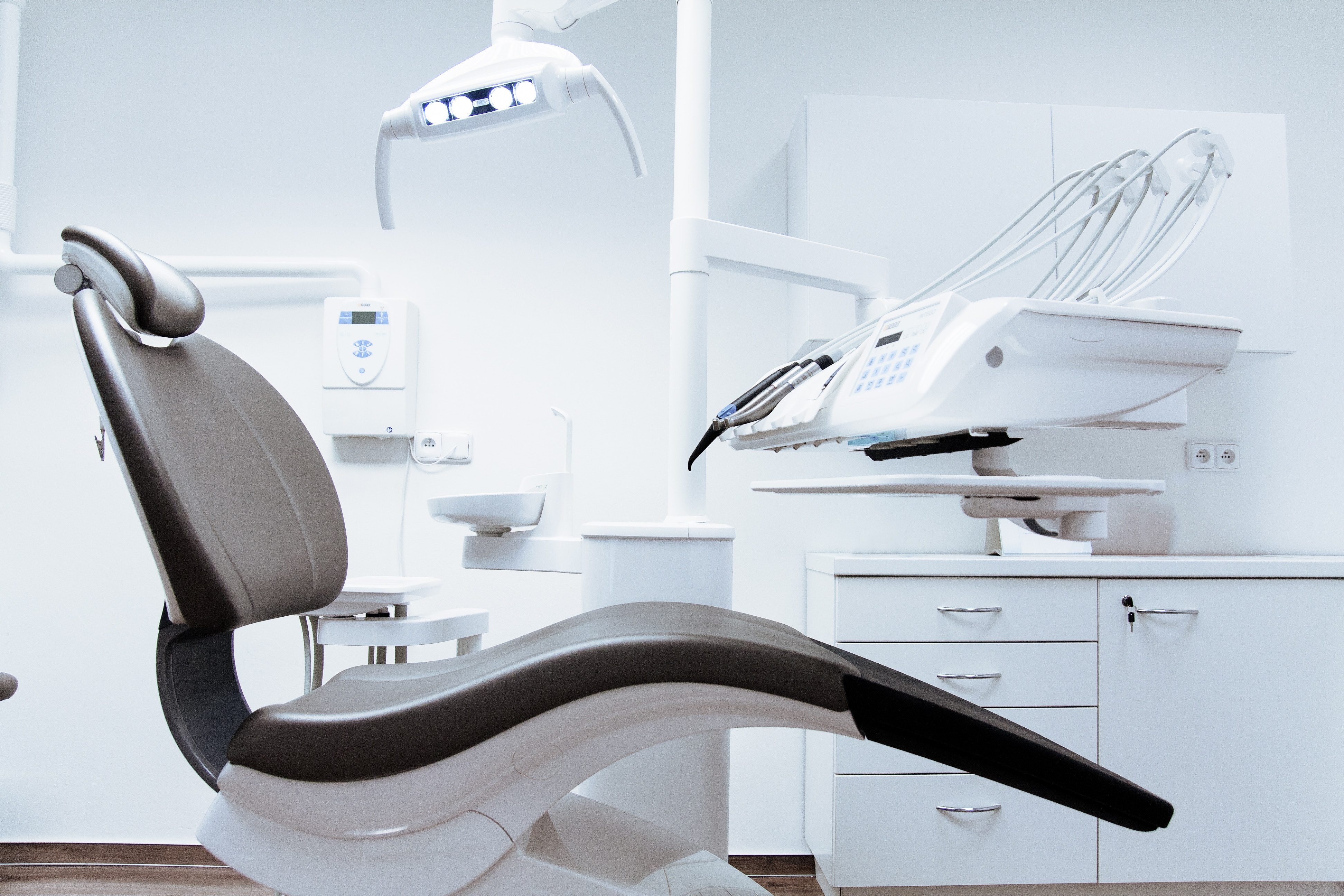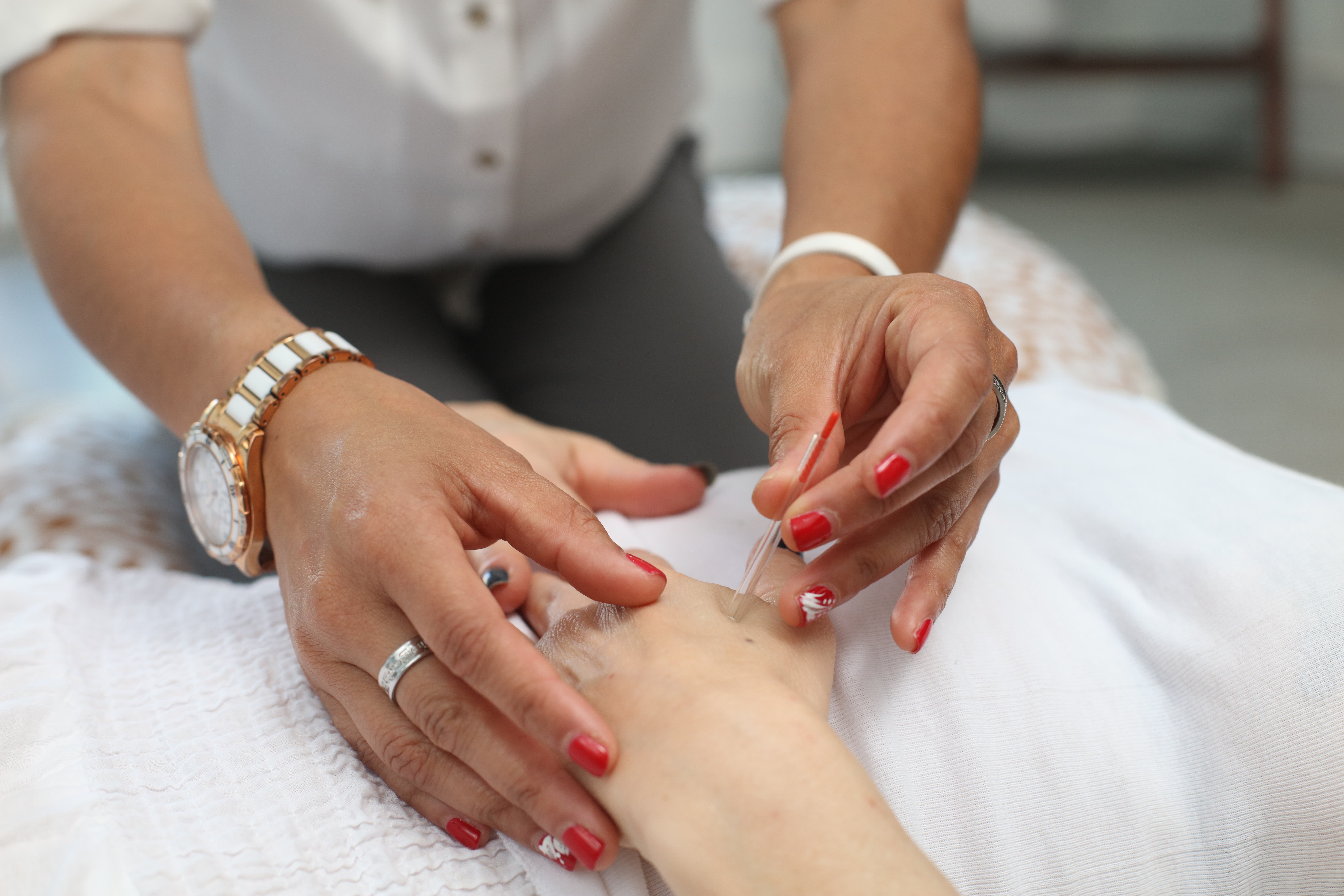With Flexible Spending Accounts, it really is a use-it-or-lose-it situation. Some employers have a carryover (amount of up to $500) or a grace period of two-and-a-half months to spend down the account. If neither are options, then it’s go time! If you have not yet spent your pre-tax dollars from your flexible spending account, what are you waiting for? Time is ticking and you don’t want to let that money go to waste. Here are a few ideas to help you beat the deadline.
1. Prescription Eyewear

Suncloud Aviator Reading Sunglasses in Gold with Polarized brown lenses
Shop Suncloud Aviator Reading Sunglasses
One of the best places to use your FSA dollars is with your optometrist. If you don't have an optometrist, remedy that pronto. Eye experts recommend that you have your eyes examined every two years. Eye examinations, contact lenses and related materials are FSA eligible expenses. So pay the optometrist a visit and get your prescription. Then use your FSA funds to get yourself some fresh prescription shades or glasses. After all, looking good and seeing well are not mutually exclusive. And of course, we have you covered at SportRx where our opticians can fit your prescription into any of the frames that catch your eye.
2. Over the Counter Medications
![]()
Many over the counter medications (OTC) are FSA eligible purchases. From acne treatments, allergy medicine, aspirin, to heartburn meds, there are literally thousands of items that are covered under your FSA. So look through your medicine cabinet with an eye to re-up on what you need for the year. One caveat: many of the eligible items will require either a prescription, letter of medical necessity or doctor's directive.
3. Orthodontia

Dental treatments like cleaning and even braces are FSA eligible purchases. Dentists recommend having your teeth cleaned twice a year. Schedule an appointment before the end of your plan year and use the FSA to cover eligible costs.
4. Acupuncture

Scientists may not agree on the efficacy of this alternative form of medicine, yet research suggests that acupuncture can be effective in helping relieve pain. The National Center for Complementary and Integrative Health (NCCIH) note that acupuncture has been proven to help in cases of low back, neck pain, headache, and migraines. If you have been curious to see if it could work for you (and you aren't averse to tiny needles) this could be a low-risk way to find out. Acupuncture is definitely something to consider for your FSA funds.
5. Arch and Insole Support
You only get one pair of feet, so taking care of them is one of the best investments you can make. You can't walk, jog, run or hike or bike without them unless you wear prosthetics. Talk to your podiatrist and see if your feet would enjoy either arch or insole supports. These are also FSA eligible expenses with a letter of medical necessity or prescription.
6. Bandages, gauze, and dressing
![]()
Your medicine cabinet is a veritable treasure trove of items to look for places to spend your FSA dollars. Many of the things you run to grab in an injury situation are covered purchases. Bandages gauze and dressing are always good go-to items that are better to have and not need than to need and not have.
7. Family planning items

Condoms, as well as pregnancy tests and fertility kits, are FSA eligible. A prescription covers female contraceptives also.
8. Immunization
At first glance, one might not think this would be an FSA covered expense. Yet, immunizations are most definitely eligible for your flexible spending account. According to the IRS, Publication 502 reveals that qualified medical expenses include immunizations. This is especially the case if you are traveling abroad. Depending on where you're traveling that will determine which shots you will need. For example, if you were traveling to Costa Rica, you would need to make sure you have a typhoid vaccination. First quarter vacation planning begins now!
9. Chiropractic Care

Scoliosis
Scoliosis is a condition where there is an abnormal curvature of the spine. There are a few medicinal options available for treatment. Be that as it may, chiropractic adjustments have been shown to be therapeutically effective for scoliosis patients.
Sciatica
Sciatica refers to the pain that is caused by a damaged or pinched sciatic nerve that spreads from the lower back down the back of your legs. The mere mention of the word sciatica can bring pain to mind from those that suffer from it. Chiropractic adjustments can prevent overmedicating and be a source of relief from chronic pain. In some cases, chiropractic care has been proven to help reduce both the frequency and severity of chronic pain.
Inflammation
One of the major causes of joint issues, chronic lower back pain and muscle tension is inflammation. Chiropractic care is an effective means of reducing inflammation in all of these areas. Some of the positive benefits would be reduced lower back pain, reduced muscle tension, and relief of joint pain. Furthermore, chiropractic adjustments can also reduce your risk of developing diseases caused by inflammation.
In a nutshell, the chiropractic adjustment is an alternative, non-invasive treatment option that can address multiple issues at once. It is a great use of your FSA dollars.
10. Physical Exam
![]() Yep, physical exams are eligible as well. If you are due for your annual physical exam, this is the time to schedule the appointment and make it happen. Co-pays are covered as eligible FSA expenses so get on it before the end of your plan year!
Yep, physical exams are eligible as well. If you are due for your annual physical exam, this is the time to schedule the appointment and make it happen. Co-pays are covered as eligible FSA expenses so get on it before the end of your plan year!
In conclusion and with anything, time is of the essence. So with these options, you have a few ideas on how to use your FSA funds before yours runs out.



